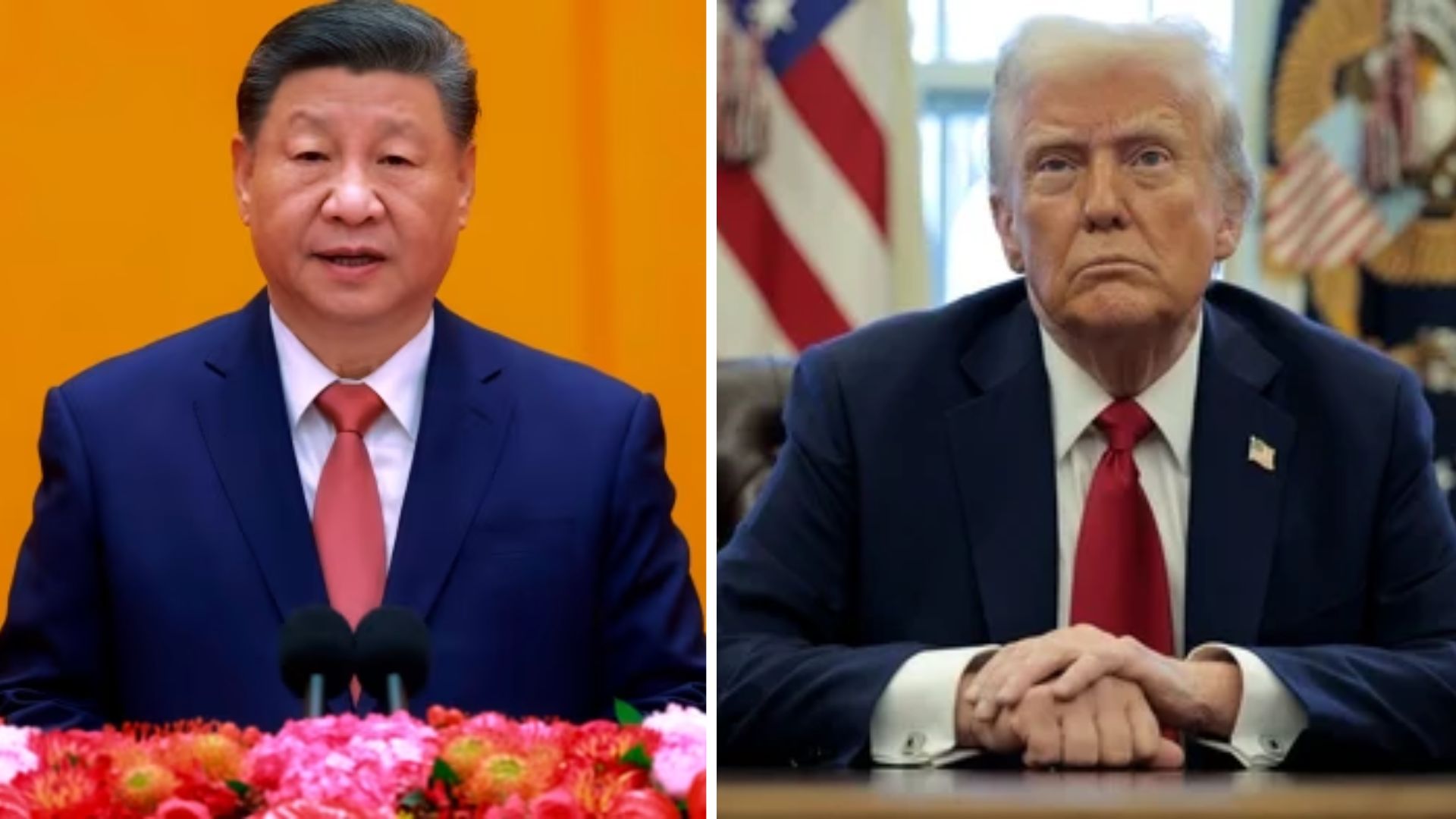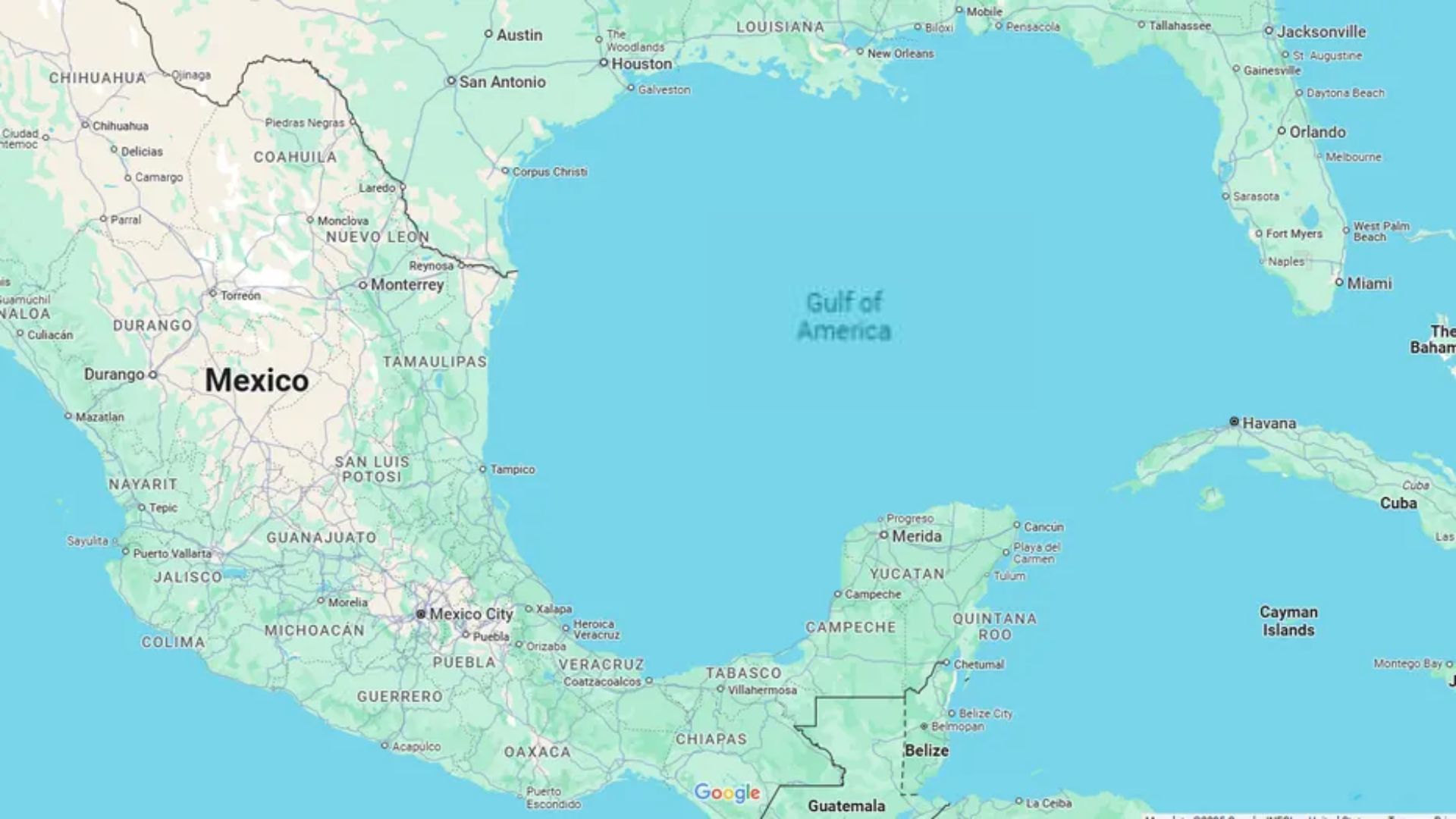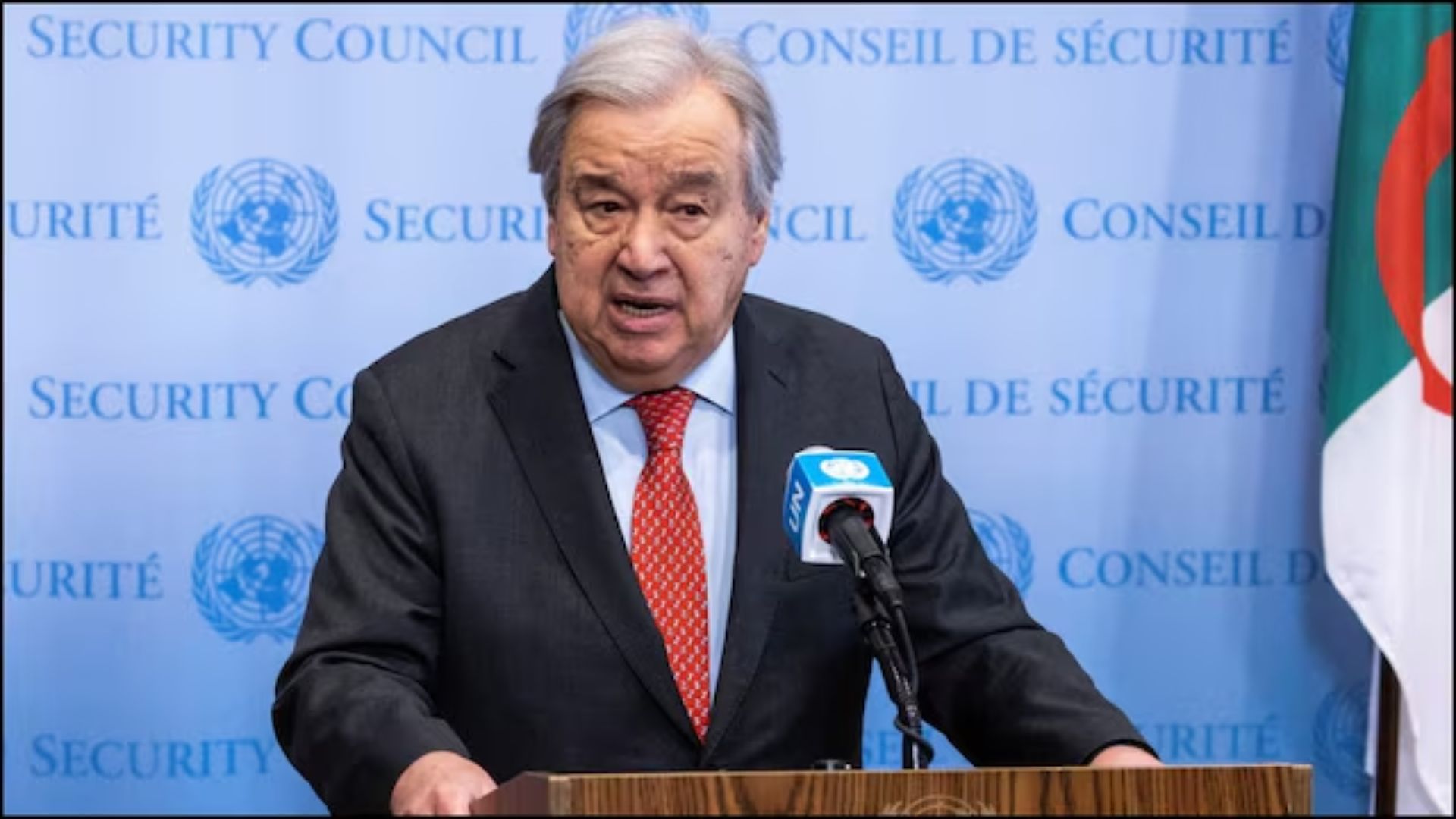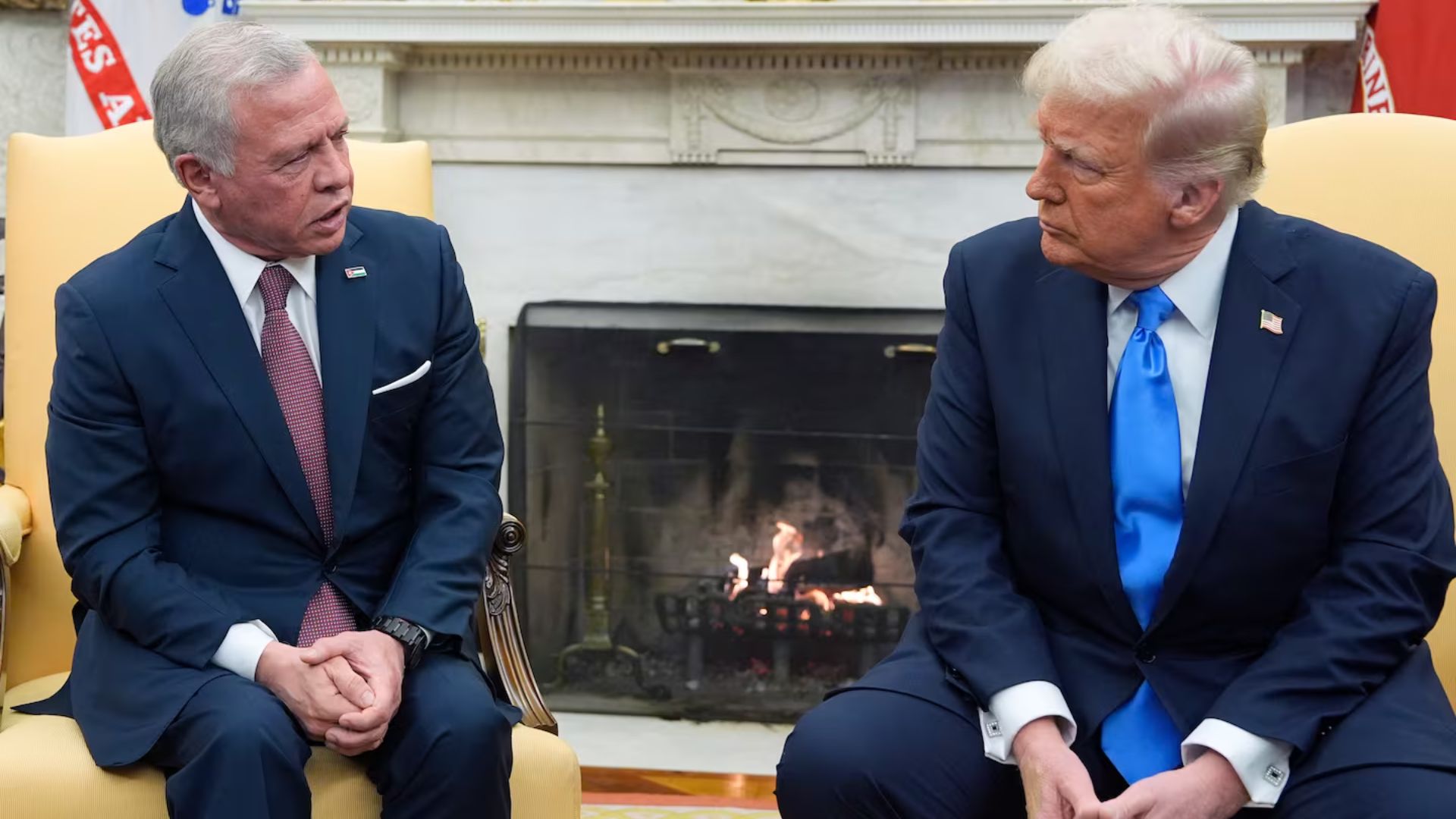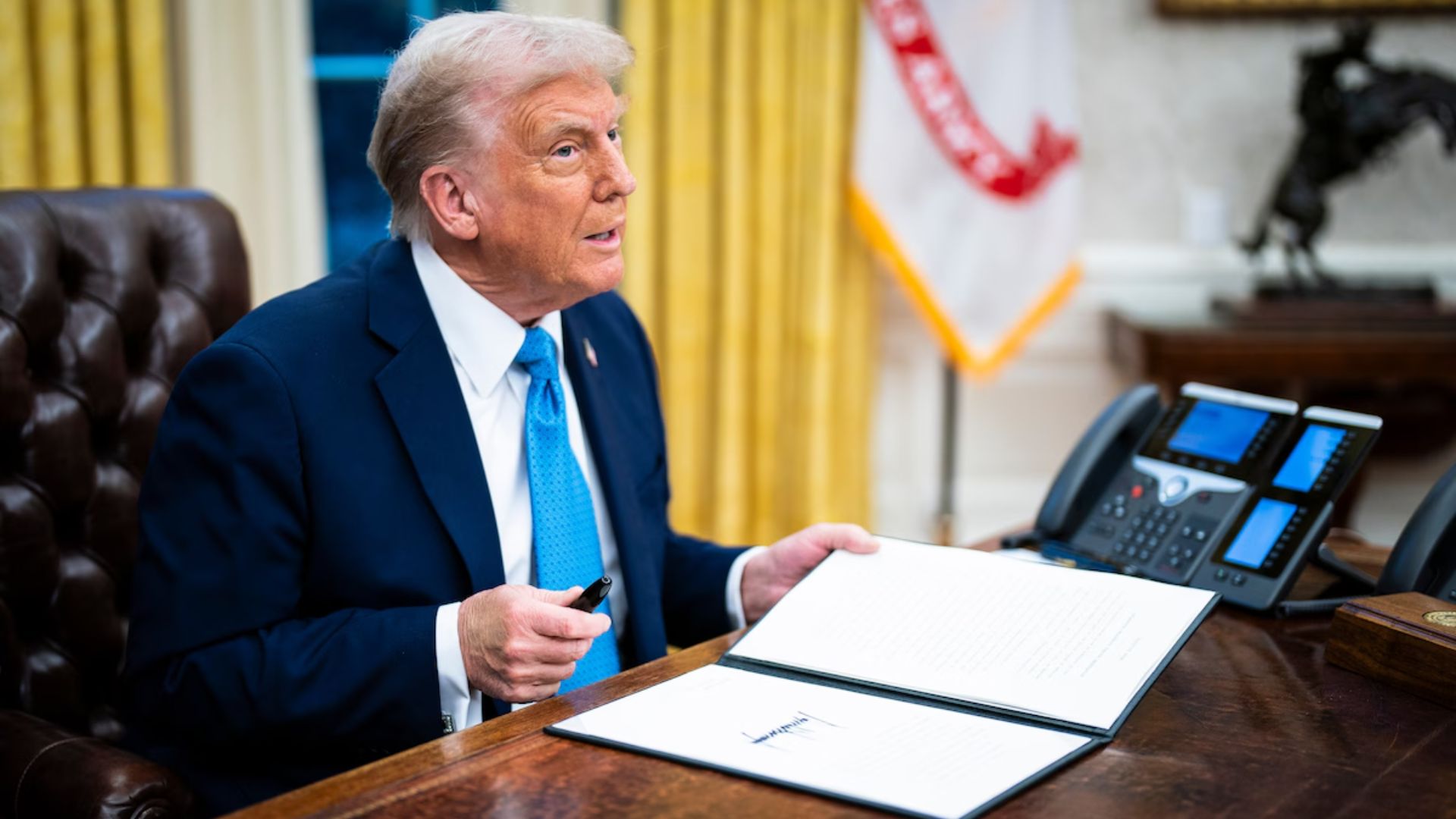
Trump Halts Mexico, Canada Tariffs Amid Border Talks
(The Associated Press): President Donald Trump of the United States has agreed to halt his proposed tariffs on Canada and Mexico for 30 days after both nations have taken steps to allay his worries about drug trafficking and border security.
North America almost entered a trade war during this stressful time, which might have hampered economic growth, raised consumer prices, and damaged diplomatic relations.
Expressing his satisfaction, Trump stated that the tariffs would be delayed for a month to determine whether a final economic agreement with Canada could be reached, emphasizing the need for fairness in trade relations.
Canada will take steps like designating a fentanyl czar, designating Mexican cartels as terrorist groups, and forming a joint strike force with the United States to fight crime and financial misconduct, according to Canadian Prime Minister Justin Trudeau, who acknowledged the temporary halt.
Such an agreement had already been reached by the U.S. and Mexico, giving time for talks aimed at curbing drug smuggling and illegal immigration over the border.
Despite Trump's announcement that he would soon meet with Chinese President Xi Jinping, the 10% tariff on Chinese imports is still scheduled to go into force.
There is still ambiguity surrounding Trump's broader trade plans, with worries that he might still slap extra tariffs on European imports, even though the fear of an impending trade war has temporarily diminished.
Trump proposed 25% tariffs on Canadian and Mexican goods on Saturday, in addition to a 10% tariff on Canadian natural gas, power, and oil.
Financial markets, corporate executives, and political authorities were all taken aback by Trump's formal announcement of these trade steps, even though he had been implying them for a while.
Trump maintained that the tariffs were required to stop illegal immigration, stop drug trafficking, and negotiate stronger trade agreements, but some economic evaluations cautioned that they could hinder economic development, cut earnings, and raise consumer prices.
Trump expressed hope about the next negotiations and said he and Mexican President Claudia Sheinbaum had a pleasant chat, which resulted in a temporary delay of the tariff increases.
High-ranking Mexican officials will lead the negotiations alongside senior U.S. officials, including Secretary of State Marco Rubio, Treasury Secretary Scott Bessent, and Commerce Secretary nominee Howard Lutnick.
As part of its commitments, Mexico pledged to deploy 10,000 National Guard troops to strengthen its border security and to cooperate with the U.S. in stopping the trafficking of high-powered weapons into Mexico.
In 2019, Mexico had similarly avoided U.S. tariffs by deploying 15,000 troops to its northern border as part of an agreement with Trump’s administration.
Unlike Mexico, Canada was initially uncertain about securing a similar deal, as officials believed the U.S. had been shifting its demands more frequently in negotiations.
A Canadian government representative, speaking anonymously, stated that Canada was unsure whether it could meet Trump’s expectations to prevent the tariffs.
When asked what Canada could do to avoid the tariffs, Trump responded vaguely, indicating uncertainty about what the country might offer in the negotiations.
Trump joked about creating Canada the 51st U.S. state, despite the two countries' traditionally close friendship, in a statement that combined humor with long-standing tensions.
Trump also alluded to possible intensifications against China by threatening to apply high tariffs in the event that trade talks failed to produce positive outcomes.
Businesses and financial markets reacted with caution, preparing for potential price increases and trade disruptions, with some companies seeking alternative suppliers.
Supermarket chain Stew Leonard’s considered stockpiling Mexican tequila and switching to Norwegian salmon as a precaution against the potential tariff-related price hikes.
Both relief over the temporary tariff postponement and persistent worries about future trade policy contributed to the small dips in stock indexes.
After speaking to reporters in the Oval Office, Trump, who is acutely aware of market fluctuations, asked about stock market performance.
Kevin Hassett, the head of the White House National Economic Council, framed the tariffs as an attempt to fight drug trafficking and denied that they represented a trade war.
Trump insisted that tariffs were an effective economic weapon, noting the fact that the United States was still a major player in world trade and that exploiting its economic might was crucial to preserving a competitive advantage.



